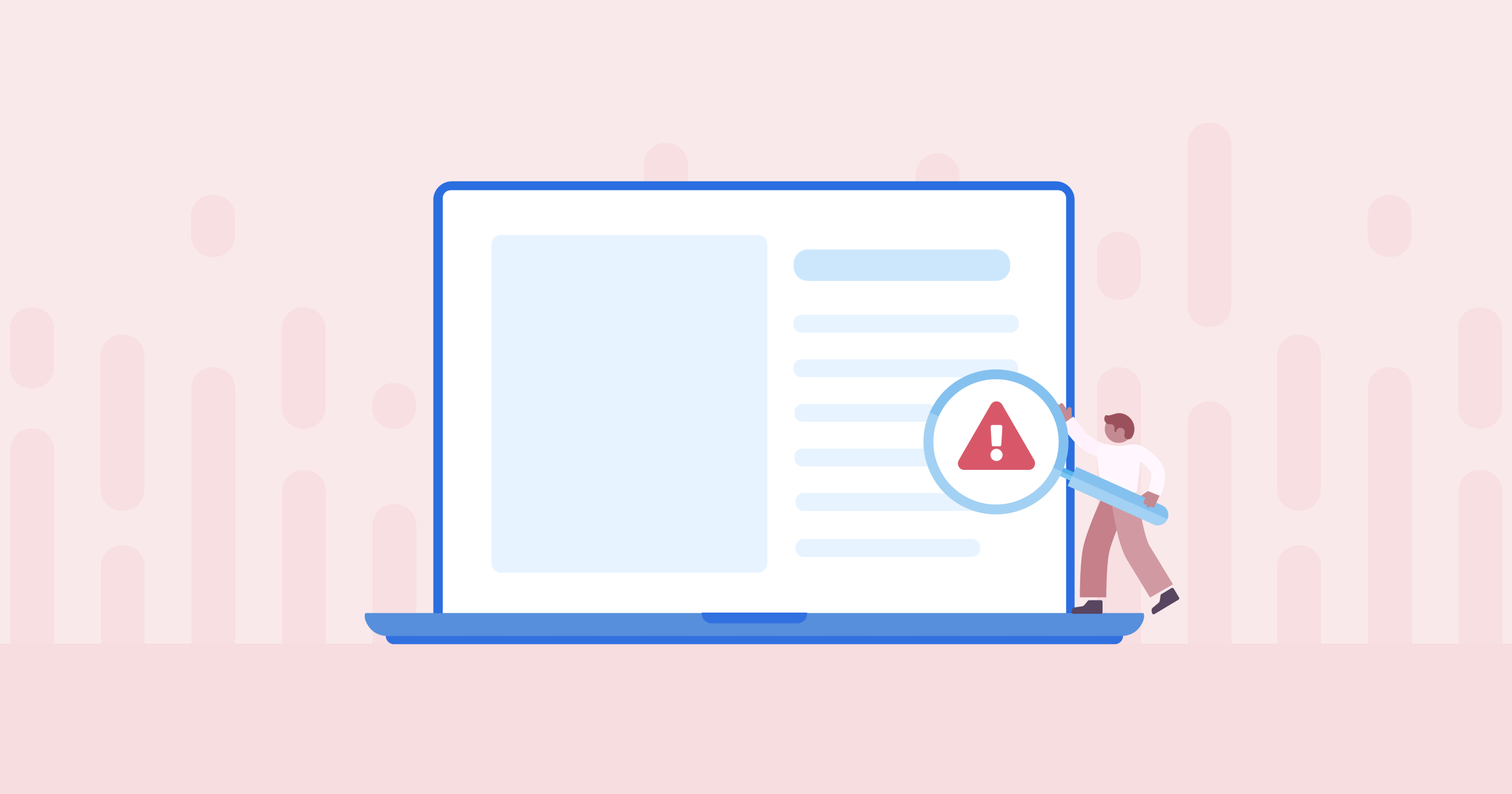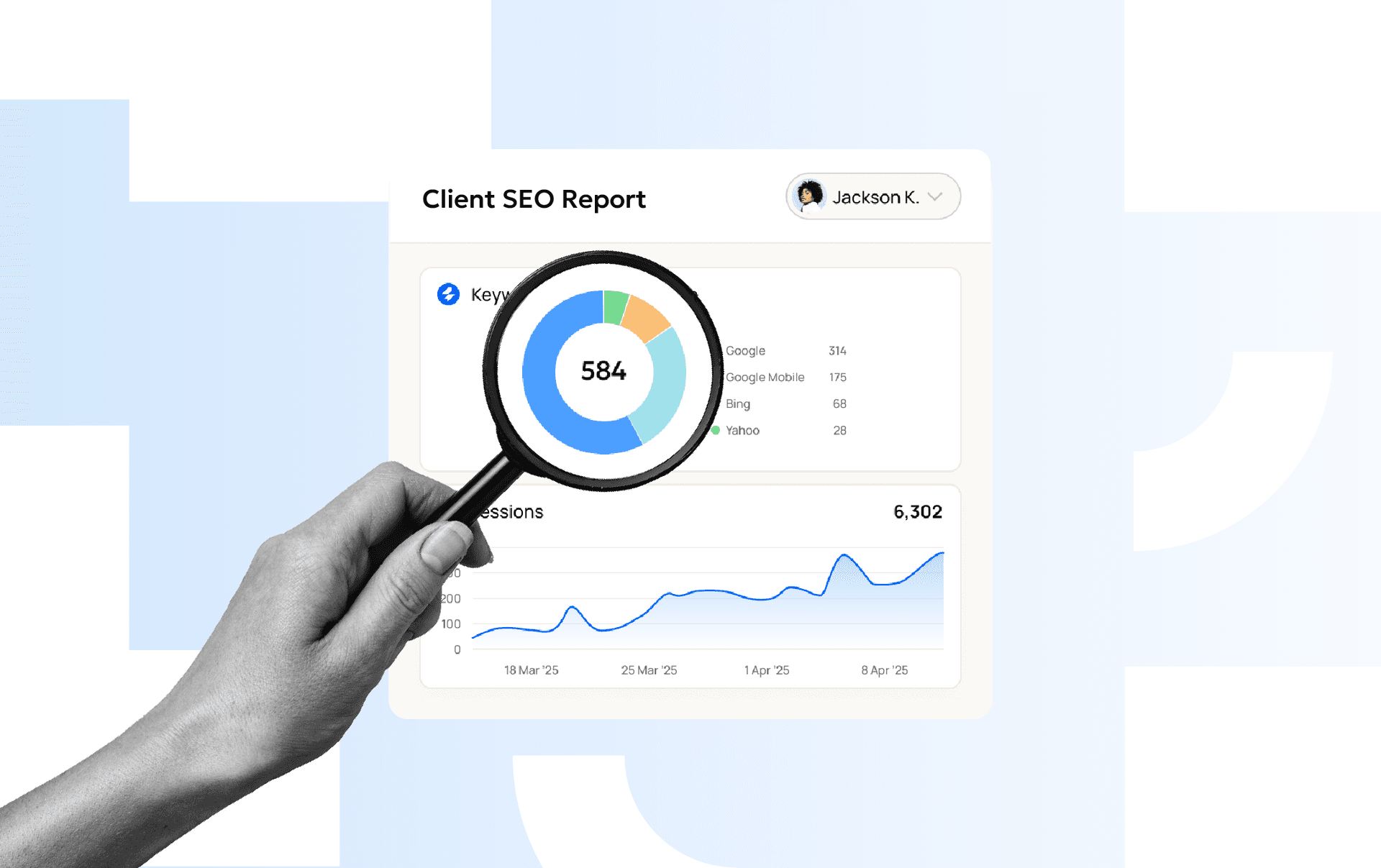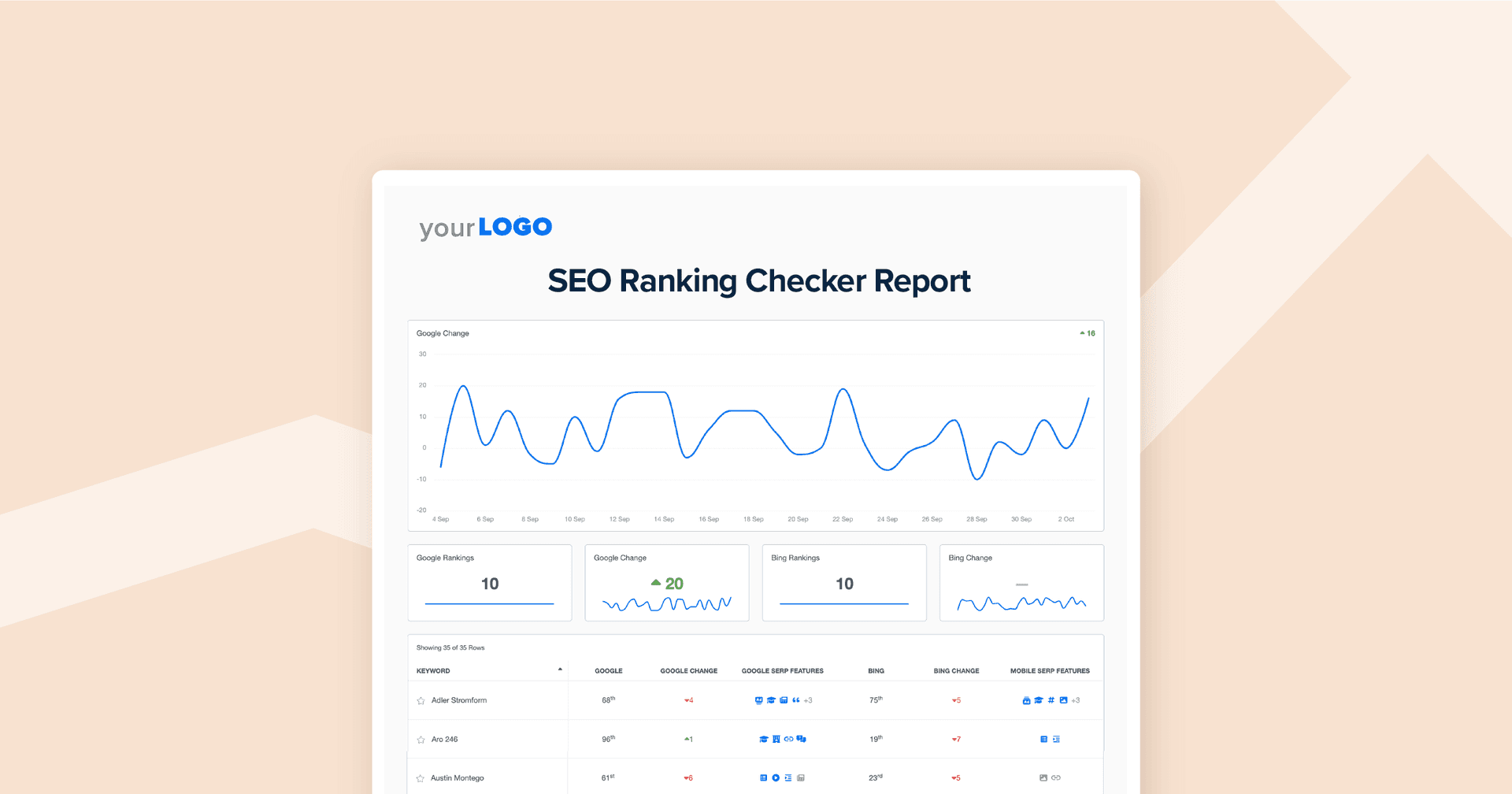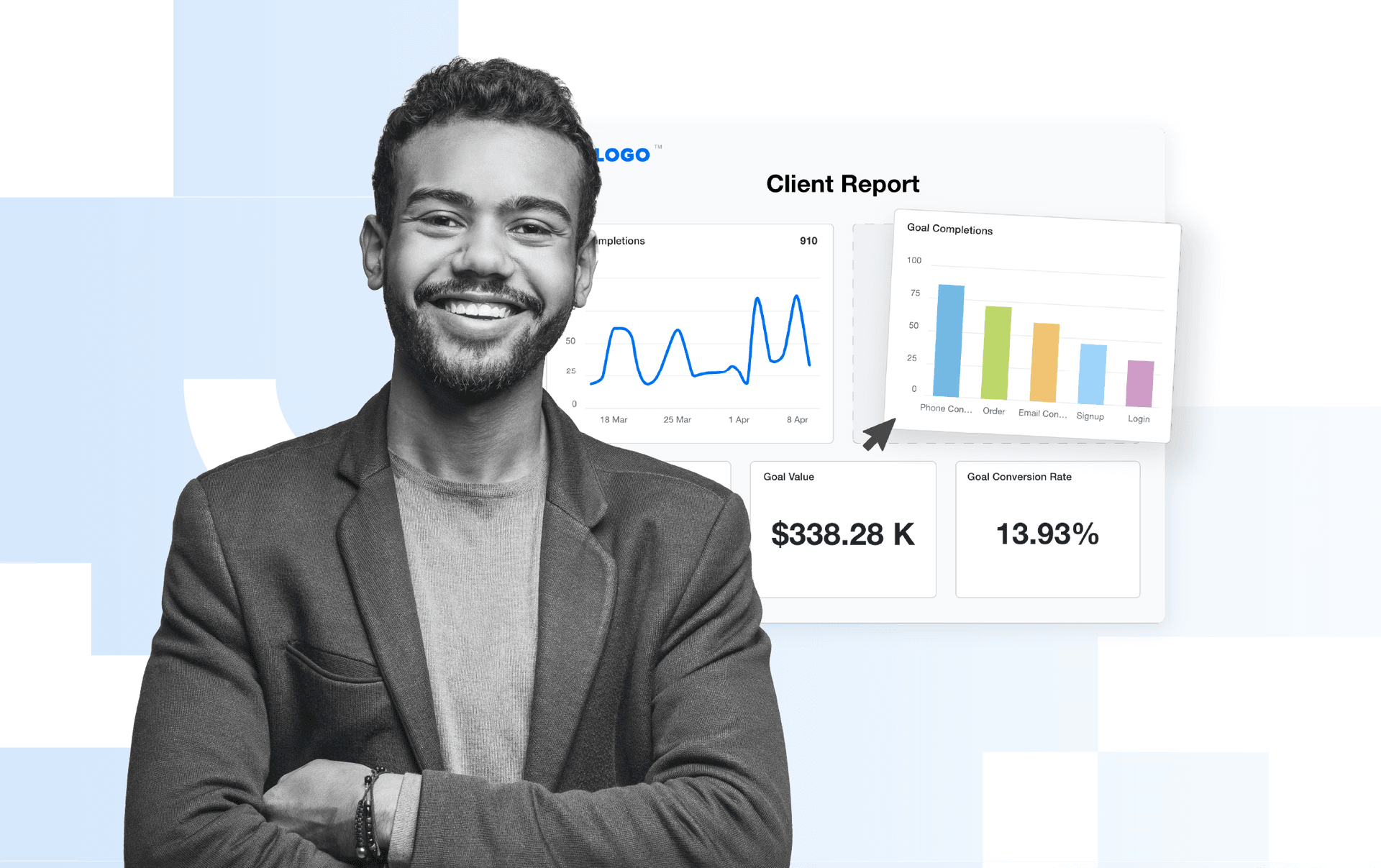Table of Contents
QUICK SUMMARY:
Achieving success with SEO is never linear, and mistakes are bound to happen along the way. What are the common SEO mistakes and is it possible to avoid them? In this article, Justin Aldridge, Director at Artemis Marketing, breaks it down and shares how the right agency support will give you complete peace of mind.
As every business owner knows, appearing on the first page of Google is an excellent way to drive traffic to your site. Marketing agencies worldwide know that this is a common goal for many of their clients who envision swathes of targeted traffic, and by extension, quality leads, improved sales, and greater brand awareness that comes with being in the coveted position of number one spot on Google.
However, achieving this is rarely a walk in the park, and it’s not surprising if you must bring your clients back down to reality and tell them how to feasibly get their website pages to rank in this position for their target keywords. The world of SEO and analytics tools is technical and constantly changing, where even the most experienced of website owners may make common SEO mistakes that derail weeks of hard work.
Artemis Marketing has established a niche as a reputable digital marketing agency for small growing businesses in Sussex (UK) and the surrounding areas. Celebrating our 20th anniversary this year, the Artemis team has helped over 250 companies exponentially grow and generate more revenue through their websites using SEO best practices.
Every business is different, and sectors are incredibly competitive. Marketing agencies may well relish the chance to make a difference for their clients looking to improve their organic presence on Google, but that’s only possible if they understand the risk and reward that comes with SEO and the pitfalls they may encounter if they’re new to this marketing discipline.
This article reveals some of the most common SEO mistakes encountered by Artemis and provides proven solutions to help your agency avoid them. By the end, you’ll be well-equipped to handle your SEO campaigns with more confidence and approach your clients with tangible ideas on how to maximize their online visibility and drive traffic to their websites.
So, without further delay, here are 5 of the most common SEO mistakes to avoid:
1. Low-Quality, Duplicate or Spammy Content
Strategic, effective SEO boils down to a fine balance of technical site optimization and producing high-value content in line with Google’s E-E-A-T (Experience, Expertise, Authoritativeness and Trustworthiness) principles.
Over the years, Google has fine-tuned its complex array of search engine ranking factors. One of the most significant updates to Google’s algorithm was the Helpful Content Update (HCU) which aimed to provide searchers with established, authoritative websites. While this criteria is quite open to interpretation, one of the ways Google deems a site as such is through its content.
It’s been widely emphasized in recent years that having poor, duplicate and spammy content–with pages stuffed full of keywords, text copied verbatim across multiple pages, and copy that doesn’t serve value to the reader–is going to negatively impact your clients’ sites.
While a site may be fast and well-optimized, if the content is thin and not valuable, your clients’ customers will have a tough time staying engaged. Yes, your client may be the ‘expert’ in their industry, but their content also needs to be geared towards:
What their target audience is really searching for.
Conveying their expertise engagingly without over or under-explaining.
Enriching people’s knowledge about their industry and services.
SEO and content firmly go hand in hand, particularly given that Google announced huge Core and Spam updates earlier this year, illustrating the challenges that digital marketing agencies face daily.
How To Avoid This Mistake:
Create high-quality, engaging, and unique content that provides value to your clients’ specific target audience.
Audit your clients’ existing site content, expanding, condensing, or refreshing any content that could be improved, and removing that which offers no value.
Establish a content strategy that involves maintenance checks for top-performing pages, while committing to a regular blog posting schedule.
Explore a range of content types such as articles, eBooks, whitepapers, case studies, and other long-format content that capitalizes on informational searches.
Share in-depth visualizations of content and keyword performance with a custom dashboard from AgencyAnalytics today. Try it free for 14 days!
2. Neglecting Relevant Keywords
To accentuate the previous point, keyword research is integral to a successful SEO strategy and, by extension, your clients’ website content. What traffic is a website going to organically generate if it’s not optimized for the keywords and terms that people in your clients’ industry are searching for?
Targeting high-value keywords is vital, but a mistake many website owners make is neglecting their branded terms and missing the long-tail keywords that they should be optimizing for.
And we're not talking about keyword stuffing. That old-school tactic is long gone.
Agency Tip: Many site owners assume that just because terms carry lower overall search volume, they are not worth optimizing for, when they are low-hanging fruit that could be more valuable to the audience niche.
Google loves branded searches, and it just so happens that they are integral in helping establish your clients’ businesses as authoritative in their sector(s). People often search for products or businesses by name, which often indicates that they’re close to a purchase. Your clients’ competitors are unlikely to directly compete for these branded searches and thus, they present a golden opportunity to rank for them.
Beyond branded search terms are potential keywords that will be most effective for your clients’ websites. For instance, if your client is a local business but is trying to get their site to rank for global, high-volume, and competitive keywords, they may be aiming too high. What’s more, many businesses often fail to factor in search intent.
Search intent could range from commercial and transactional search terms (e.g. “buy [product] online”) to informational (“benefits of [product]”) and navigational (“[retailer] [product] setup guide”). Creating content and optimizing your clients’ websites with the most relevant types of search terms on the most suitable pages makes the most sense (i.e. creating ecommerce product and category pages full of branded and commercial searches, and dedicated product guides to incorporate more informational searches, as an example).
How To Avoid This Mistake:
Conduct thorough competitor analysis to understand gaps in the market for your clients’ keywords.
Use your findings to conduct in-depth keyword research, incorporating branded and long-tail keywords as well as high-volume ones.
Establish the search intent behind your clients’ audience searches.
Map your clients’ target keywords to the most logical places on your clients’ website, pages, and product categories (if ecommerce.)
Thread the most relevant, valuable keywords into site page content as well as meta tags like Page Titles, meta descriptions, headings (H1-H6), URLs and other important ranking factors.
Build a content strategy around optimizing websites for a diverse range of keywords that are relevant to your clients’ audiences.
3. Slow Site Speed and Poor Mobile Optimization
Website load speed is undeniably important for businesses online, but several factors often contribute to making the site load unnecessarily slow. This includes, but is not limited to, JavaScript issues, shared website hosting, bulky and high-resolution images requiring more resources to load, unoptimized website code, and more.
At Artemis, we often see this challenge manifest for ecommerce site owners who don’t know how to take product photos for individual pages at an optimum size that won’t impact their page load speed.
Even sites that take a few seconds to fully load may see bounce rates skyrocket, which, for your clients, might be particularly concerning. Google has been upfront about how speed is a ranking factor and will directly impact a website’s visibility in search results.
What’s more, if websites are not optimized for mobile devices (which is where the bulk of search traffic takes place these days), they also run the risk of driving users away in droves. Even if a site loads quickly, if pages aren’t responsive on mobile, or if they don’t deliver all the resources and elements as intended for mobile visitors, then users will be less likely to engage with the site at all. Google uses mobile-first indexing, meaning that it prioritizes the mobile version of page content for indexing and ranking.
How To Avoid This Mistake:
Push your clients to invest in a mobile-friendly website that loads quickly and offers a good user experience to build trust with their audience.
Ensure the site offers easy navigation and a logical menu structure for your clients’ users to find information, compare products, and make purchases.
Run frequent site speed and user experience tests using Google’s Core Web Vitals (CWV) metrics as measuring criteria.
Optimize images and multimedia for fast loading without compromising on quality.
Leverage enterprise-grade browser caching solutions or plugins or move website hosting to a content delivery network (CDN) to speed up resource loading.
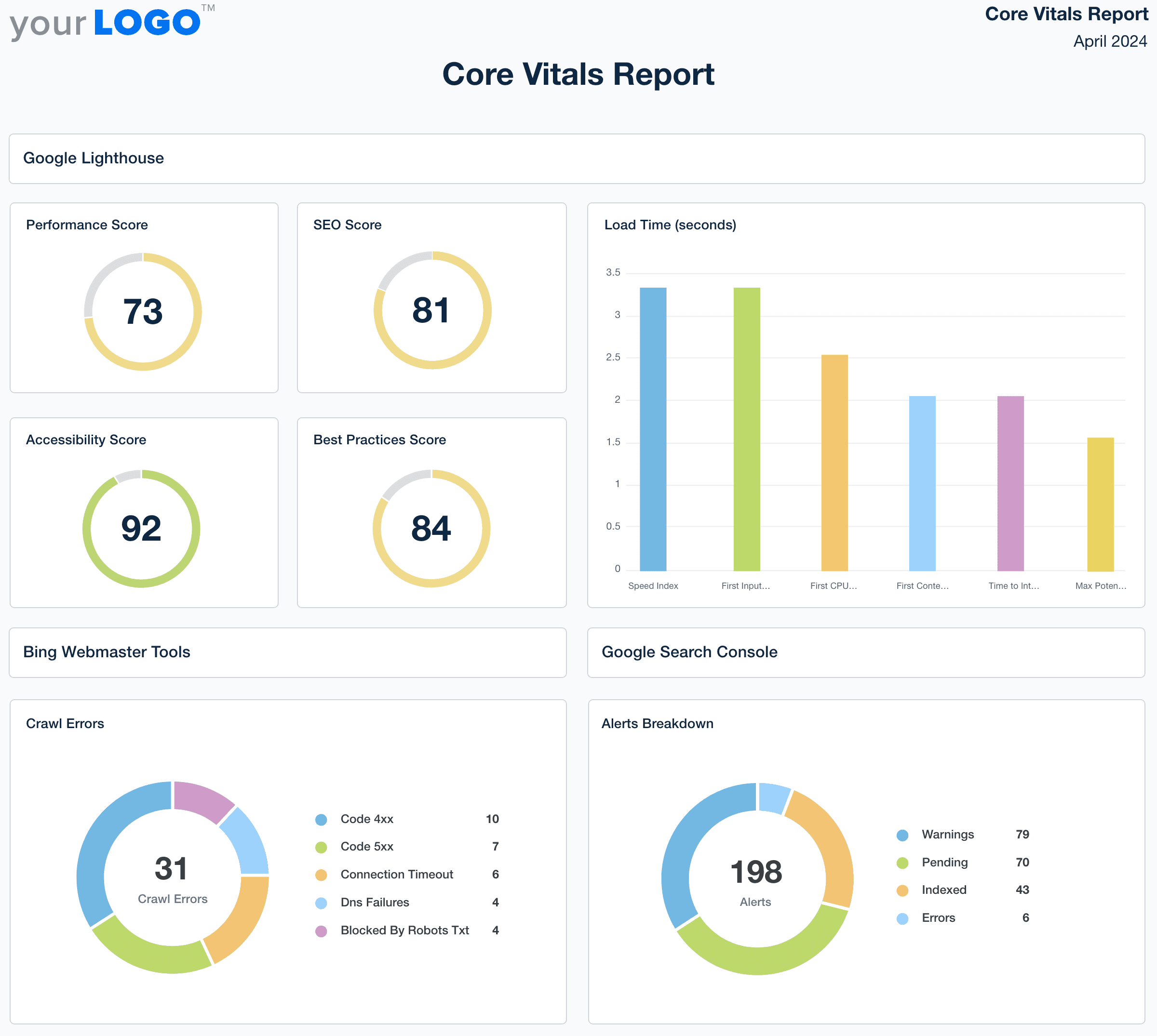
Track core vitals in real-time with a white label SEO report template. Streamline and automate your agency’s reporting process and start saving valuable billable time–try AgencyAnalytics free for 14 days!
4. Failing to Technically Optimize Sites
While some businesses may relish content management systems (CMS) like WordPress to simplify building and maintaining their website, you know full well as a marketing agency that this doesn’t always guarantee an easy job.
To assess whether your clients have sufficient technical knowledge of their website, consider asking them:
Do your clients know how to set up 301 redirects whenever URLs change, or a site migrates to a new server?
Do they understand the various HTTP status codes such as 404 (Not Found) errors and server-side 500 errors?
Do they know how to add internal links to help boost the authority of specific pages on the site?
Do they understand how to set up a valid Secure Sockets Layer (SSL) certificate to ensure their site offers encrypted exchanges between servers?
Do they know how to set up hreflang tags properly, so their sites show in the country and language of their users?
Do they understand how to use canonical tags to consolidate link equity from duplicate pages?
Invariably, technical issues hinder a site’s progress even if a business has produced great content, the site loads quickly, offers good mobile UX and utilizes keywords well. Where it often fails to generate substantial traffic and search engine rankings is due to technical issues.
Google has confirmed HTTPS (a signal of website security with valid SSL certification) as a ranking factor, not to mention the fact that users may not wish to engage with non-secure websites. Search engines even alert users when a site does not have HTTPS enabled before they click through.
Also, failing to implement 301 redirects after moving or deleting pages will cause broken links and 404 errors. Persistent server issues and error pages negatively impact search engine crawling and indexing thus damaging your clients’ site SEO performance.
Additionally, without canonical tags, search engines may treat similar pages as duplicate content, thus diluting SEO performance, and missing hreflang tags may cause search engines to struggle to serve the most relevant version of your clients’ multilingual and international site to users.
How To Avoid This Mistake:
Encourage your clients to invest in professional, reliable web development services, either through their in-house team (if applicable) or your agency to make relevant technical fixes and adjustments when needed.
Encourage your clients to be mindful of site security and vulnerabilities, ensuring that sites are updated, patched, and monitored regularly. For complex sites and SMEs, being aware of attacks and having a cyber incident response plan in place is key.
Liaise with them regularly about emerging technical SEO updates and algorithm changes that require modifications in the site code and setup which may fall outside their expertise.
But technical issues are not limited to backend coding issues, this includes simple mistakes like duplicating title tags across multiple pages, using non-descriptive title tags (like "Home"), neglecting image alt text, improper image file naming, and more.
SEO is built on a the foundation of high-quality content, but sometimes is the minor details that confuse search engine crawlers and lead to lower rankings on top search engines.
5. Not Utilizing Analytics for Measurement
It’s common to find clients feeling exasperated at the prospect of spending such a large amount of resources, time, and budget on SEO. There could be many different reasons why your clients may feel disgruntled at spending large amounts of their budget.
For starters, it could be that they’ve set unfeasible KPIs (key performance indicators) and objectives, or that they simply expect traffic, search rankings, and enquiries to come flooding in after building and launching a new site. Often, though, it’s because they aren’t looking at the right data, or not utilizing it to determine their future efforts.
As a marketing agency, you will likely be familiar with having difficult conversations about whether efforts have paid off, in terms of visibility, organic traffic, and measurable return on investment (ROI). SEO and marketing agencies are inundated with large datasets which may be hard to decipher when trying to determine clear, actionable assessments, targets, and goals.
There is no lack of data points available when it comes to search engine optimization. Your agency, and your clients, can find yourselves lost in a sea of data from various SEO tools, Google Search Console, Google Analytics, and more. The challenge isn't always in where to get the data, but in how to make sense of it.
Not only does building and optimizing a website take time, but so does tracking and analyzing the right metrics and expecting to see results.
How To Avoid This Mistake:
Set up Google Analytics 4 (GA4), Google Search Console, Google Tag Manager and Google Business Profile (GBP) in an SEO dashboard for your clients, ensuring all properties and accounts are verified and tracking the right data.
Set up custom top-level dashboards to monitor target KPIs, whether it’s form fills, emails, phone calls, and so on.
Deliver bespoke SEO reports using professional templates that summarize all that your clients need to know.
Use SEO rank tracking tools to monitor target keyword movement, SEO rankings, and fluctuations.
Most importantly, analyze data regularly to understand what pages are ranking well and gaining clicks and impressions, as well as those that aren’t.
Use these insights to determine your digital marketing strategy in the weeks and months ahead.
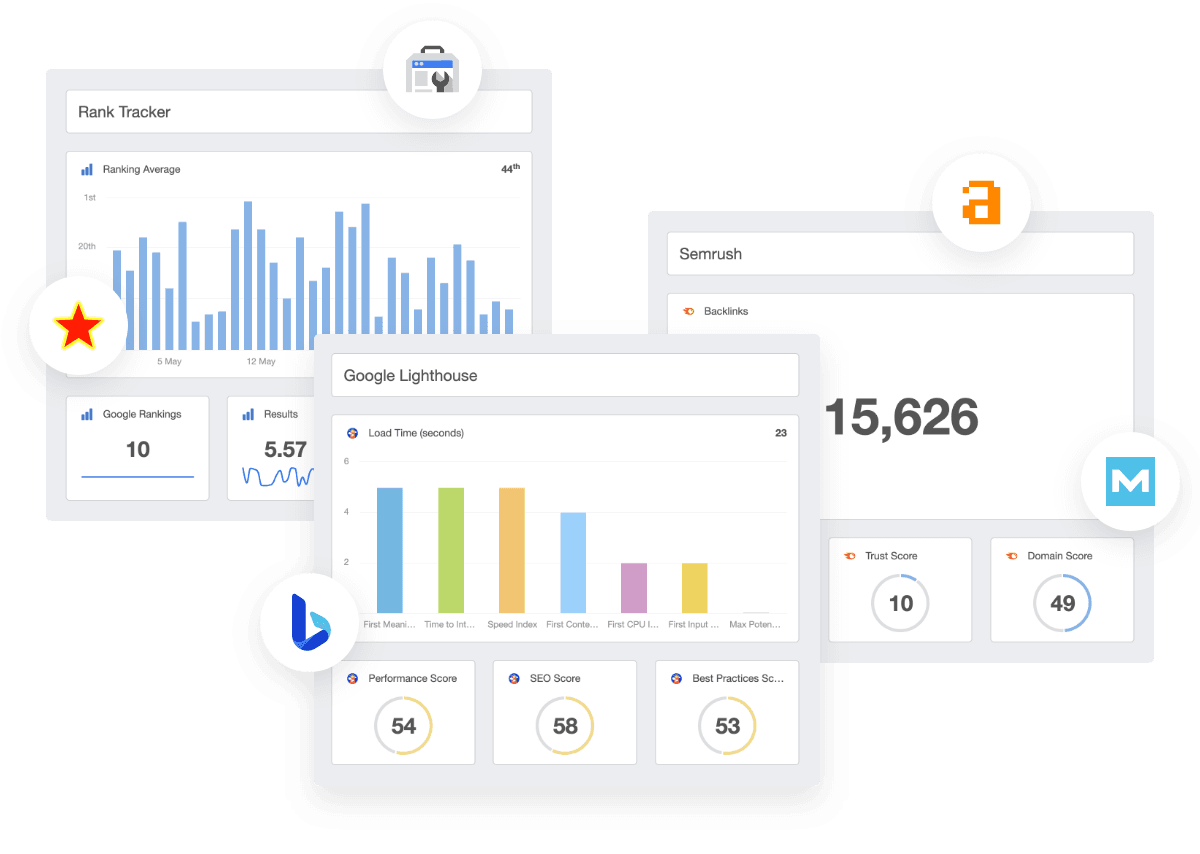
Scale and streamline your agency's entire workflow with AgencyAnalytics. Start your free 14-day trial today and see why 7,000+ top agencies trust AgencyAnalytics for automated reporting.
Avoid Common SEO Mistakes and Gain Client Trust
There’s no doubt that SEO is an evolving and complicated marketing specialty. What marketers may have implemented a year ago can quickly evolve into an ineffective tactic that wastes resources and time.
However, by understanding and avoiding these SEO pitfalls, you will be able to steer your clients’ marketing campaigns in the right direction. Successfully driving organic traffic and earning high rankings will not happen overnight, despite what some agencies may espouse. Agencies and their clients must collaborate closely on the best and most sustainable route forward, establishing a comprehensive SEO strategy that accounts for all key areas: technical optimization, keyword usage, content strategy, and data analysis.
Impress clients and save hours with custom, automated reporting.
Join 7,000+ agencies that create reports in under 30 minutes per client using AgencyAnalytics. Get started for free. No credit card required.
Already have an account?
Log in
Written by
Technical Author and Director at Artemis Marketing, Justin Aldridge, develops and optimizes online channels with successful cutting-edge strategies. Justin analyzes and adapts digital techniques, keeping pace with every measurable change in Google’s algorithms.
See how 7,000+ marketing agencies help clients win
Free 14-day trial. No credit card required.



